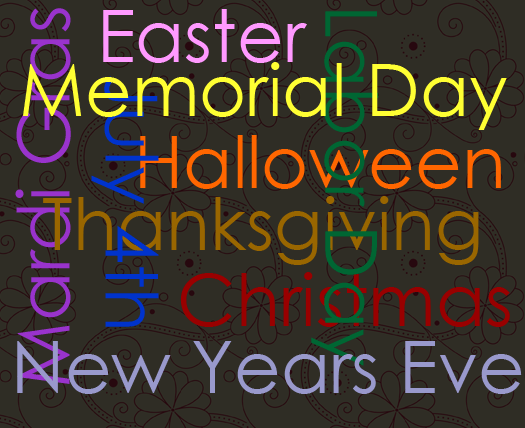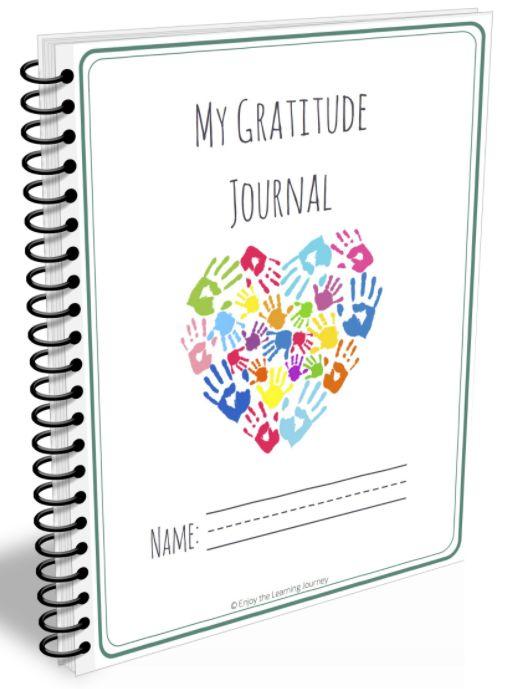“People do not give to the most urgent needs, but rather they support causes that mean something to them.”
This is the finding from a report done by the Centre for Charitable Giving and Philanthropy at the University of Kent: “How Donor Choose Charities.” They begin their study from the widely-accepted premise that charities exist primarily to help needy people and the desire to meet needs is a key criterion in the selection of charitable beneficiaries. Interviews with committed donors found this was not the reason they gave. In brief, the study concludes:
Giving and philanthropy have always been supply-led rather than demand-driven: the freedom to distribute as much as one wants, to whom one chooses, is what distinguishes giving from paying tax. Yet the methods used to encourage donations tend to assume that philanthropy depends on objective assessments of need rather than on donors’ enthusiasms. The tendency to overestimate the extent to which people act as rational agents results in fundraising literature that often focuses on the dimensions and urgency of the problem for which funding is sought. The assumption underlying this approach is that donations are distributed in relation to evidence of neediness, when in fact much giving could be described as ‘taste-based’ rather than ‘needs-based’.
If there was ever a time to commit to finding out more about the folks on your mailing list so you know what floats their boats, this report indicates that time is decidedly NOW. Otherwise, you’re just ‘spraying and praying’ as you buy into the conceit that “if only” folks knew about the need we address they would give. Because they “should.” That’s not why folks give.
In fact, the study cites four criteria that influenced donor decision making, and they are not based on meeting your or your clients’ needs.
Details







